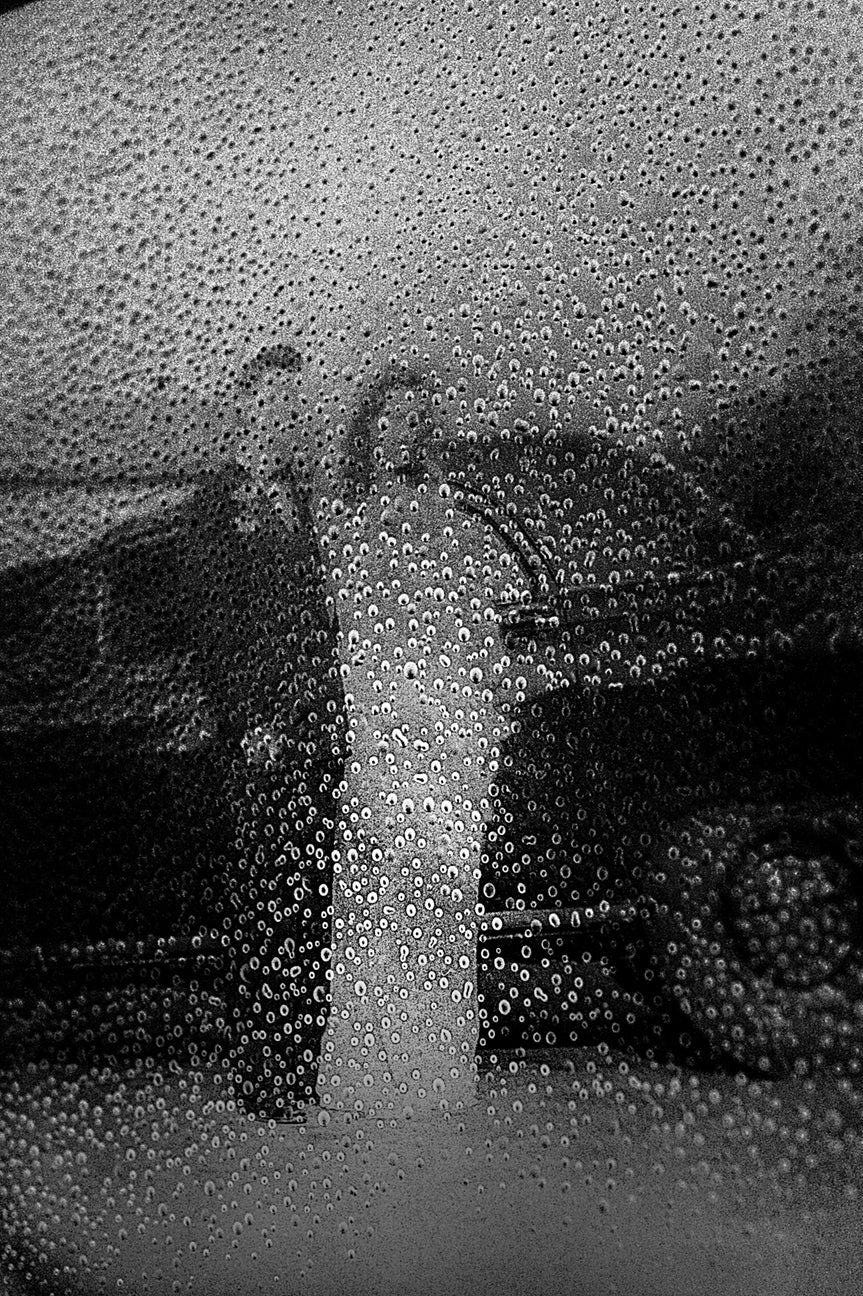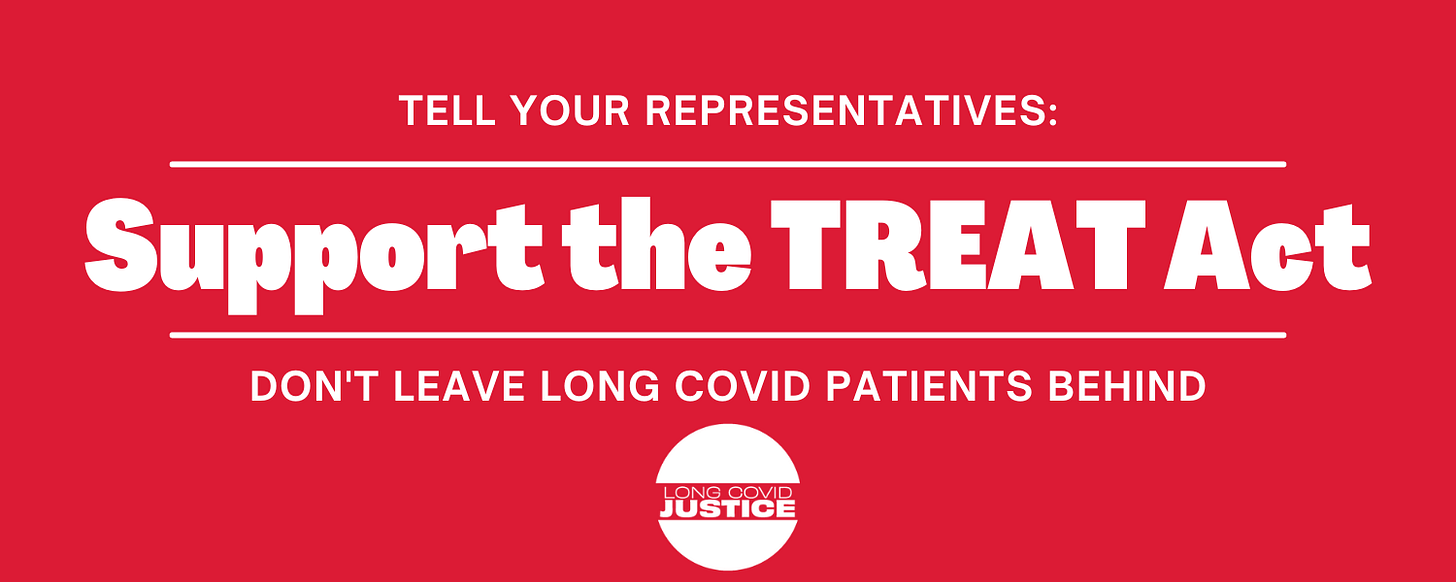Crip News v.88
NEWS
Celebrating Disability Pride Month
Meriah Nichols has an explainer on the history, updates, and intentions behind the Disability Pride flag, which you might notice around during this Disability Pride Month.
If you’re looking for a text-focused way to mark the occasion, Powell’s Books has put together a Disability Pride Reading List.
Each Sunday this month, Turner Classic Movies is presenting 6 films in their Disability Reclaimed series: The Best Years of Our Lives (1946), Inside Moves (1980), Bright Road (1953), Deliverance (1919), City Lights (1931), and Coming Home (1978).
In NYC, Poster House is honoring Disability Pride during their First Friday event this week, with a panel, screening, mixer, and performances. In St. Louis, the Contemporary Art Museum is also celebrating Pride this Friday.
New Works
Don’t mind if I do at the Museum of Contemporary Art Cleveland, organized in collaboration with Finnegan Shannon, is “an experiment in more deeply collaborative exhibition-making, demonstrating how even temporary changes in power structures create pathways of access for visitors, artists, and staff.” Featuring Lukaza Branfman-Verissimo, Pelenakeke Brown, Sky Cubacub, Emilie L. Gossiaux, Felicia Griffin, Joselia Rebekah Hughes, Jeff Kasper, and Finnegan Shannon.
Deem Journal and Jezz Chung are releasing their 6-part audio series Dreaming Different, "an exploration of worldbuilding guided by the question: How can we design the future through a neurodivergent lens?” Featuring conversations with Jen White Johnson & Yewande Pierce, Kevin Gotkin, Jamila Reddy, Kimberly Drew, and Sabeerah Najee.
Rest for Resistance recently organized Rest Fest featuring panels on Mad pride, a community showcase, a gathering of the Burnt Out Activist Club, and more.

Eater and the Disability Visibility Project are publishing Low and Slow, “a series by disabled writers on the joys and pleasures of eating, cooking, gardening, abundance, and sustenance.” In addition to the series intro by Alice Wong, the series so far includes “Finding Joy in the Garden” by Brandy Schillace.
Micha Frazer-Carroll’s Mad World: The Politics of Mental Health is out now from Pluto Press.
Vibrant Accessibility, at the McNichols Civic Center Building in Denver, CO, features works by Chloé Duplessis, Melanie Walker and John Bramblitt. Through August 27th.
A new issue of the always-excellent Disability Debrief by Peter Torres Fremlin is out.
“Staff Needs: The Spaces of Hospice” by Clare Fentress was published in the latest issue of The Avery Review.
CALLS
Tell your electeds to support the TREAT Long COVID Act, which would offer support to those with Long COVID in the form of increased access to medical care and treatment.
Sign the petition to hold The Trevor Project and Insight Global responsible for their mishandling of layoffs and silencing their critics.
Help the Shelterwood Collective raise funds for an accessible sauna and hot tub.
Northwestern Law’s Center for Racial and Disability Justice is hiring a Director of Research and Policy. View the full job description and apply at
https://careers.northwestern.edu and search for "Director, Research & Policy CRDJ".
The University of New Hampshire’s Institute on Disability is inviting artists to submit artwork for its 2024 calendar. No compensation(!). Deadline is July 17th.
Artists working in the subject of Disability Arts are invited to propose work for the Disabled Arts Exhibition and Community Project in Portland, OR, which will showcase Pacific Northwest artists creating compelling and diverse work in any medium within the field of Disability Arts.
EVENTS
Asserting the Revolutionary Body: Anti-Ableism and the Groundwork for DJ
Thursday, July 6, 7 -9pm ET, on Zoom
We all have some relationship to what is considered the "normal" or the "non-normative" body, and it's likely a relationship laced with assumptions, judgment, and unacknowledged power and privilege. In the workshop, we will look at the dominant political framing of disability, examine its relationship to capitalism, cis-heteropatriarchy and white supremacy, and explore the counter-framework of Disability Justice where all bodies and communities are valued. We will overview the historical context of the Disability Justice movement, what differentiates it from Disability Rights, and explore the 10 Disability Justice Principles, a foundation of Disability Justice.
Dark Room Presents: Audio Description for Dance Summer Workshops
Saturdays at 4pm ET, July 8 - August 19
These seven tuition-free workshops are designed to address many different topics pertaining to audio description for dance from many different approaches. All of these workshops are designed for the educational needs of blind and visually impaired learners, and these workshops are meant to serve specifically: blind and visually impaired dancers, blind and visually impaired audio description consultants and editors, audio describers of all vision levels, access professionals working for arts organizations and educational institutions, choreographers, dramaturges, and performing arts educators.
The Queer Salon #3: Queering and Cripping
Thursday, July 6, 14.30 - 19.30 CET, in Rotterdam and online
The Queer Salon #3 dedicates itself to intimate salon conversations about the intersectional acts of queering and cripping. In the afternoon we are joined by Simon(e) van Saarloos, followed by a talk in the evening with Kenny Fries and Eliza Steinbock. This edition is hosted by Dirk van den Heuvel.
Practicing Disability Justice to Counter Authoritarianism & Eugenics
Saturday, July 8, 2pm ET, on Zoom
With Dustin Gibson, Deborah Rosenstein, and JD Davids. Ableism has and is being used as a tool to expand surveillance, incarceration, institutionalization and justify the disposing of more people. Within movements, ableist theories and practices continue to create barriers for the participation of disabled people which leave few possibilities for our strategies to be rooted in the lived experiences that hold necessary wisdom and strategy. By looking at disability from a political lens, we can recognize that the work of undoing ableism is essential for abolition and the struggle against authoritarianism. We’ll deepen our understanding of disability and ableism that’s rooted in historical context and is a departure from a rights-based framework.









These all look great! Thanks!